Livestock representatives from the IFA and the UK farming unions recently met in Belfast to discuss Brexit and the trade implications for the livestock sector.
The organisations agreed it is essential that free trade is maintained between the UK and the EU post-Brexit. This must include securing a soft border between the Republic of Ireland and Northern Ireland.
IFA national livestock chair Angus Woods said: “The UK’s decision to leave the EU has brought into focus many issues for the cattle and sheep sector in Ireland and the UK. Our countries have strong trade links for both livestock and redmeat products and it will be essential that we have a free trade agreement in order to secure a healthy future for these vulnerable sectors.
“Existing trade links between Ireland and the UK are well established and play a vital role in each economy. Politicians must take this into consideration during Brexit negotiations.
“Over 50% of Irish beef exports are marketed in the UK and nearly 40% of the UK’s beef exports go to the Republic of Ireland. In terms of sheep, the fact that over 40% of Northern Ireland’s lambs are processed in the Republic of Ireland and 90% of the UK’s lamb exports are destined for the European market shows that there is a lot hanging on achieving a progressive free trade arrangement.”
IFA national sheep committee chair John Lynskey also attended the meeting with the NFU and UFU in Belfast.
The farming organisations agree that in order to achieve favourable trading conditions between the UK and EU post-Brexit, there must be equivalent standards for agricultural practices and processing.
“The existing standards that are in place will give us a solid foundation to work from and help ease the negotiating process. The Irish and UK farming organisations are committed to finding practical solutions that allow for the harmonious trade of livestock and red meat products between the UK and the EU to continue post-Brexit,” said Angus Woods.




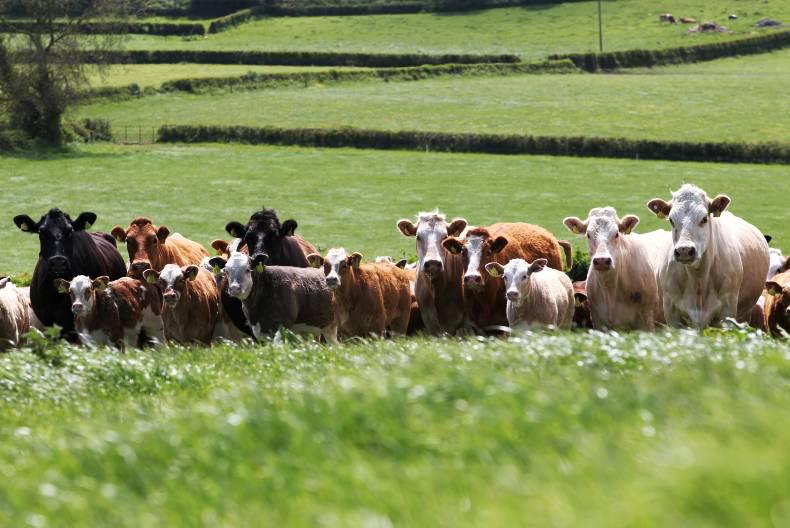
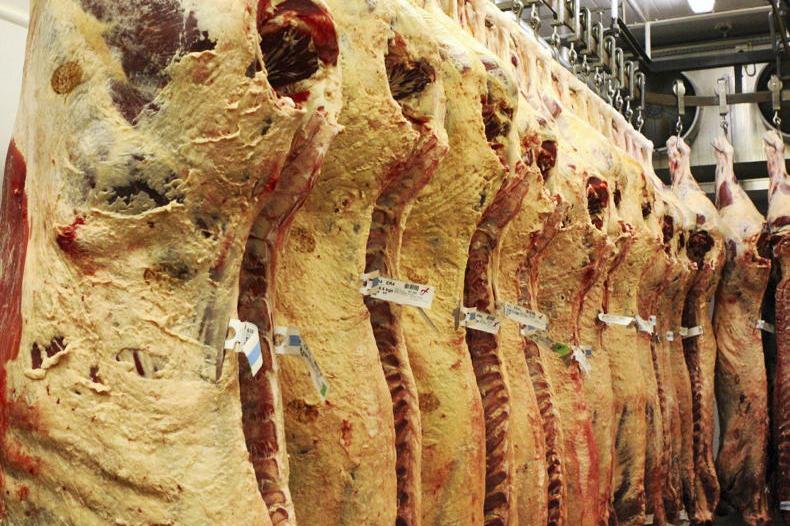

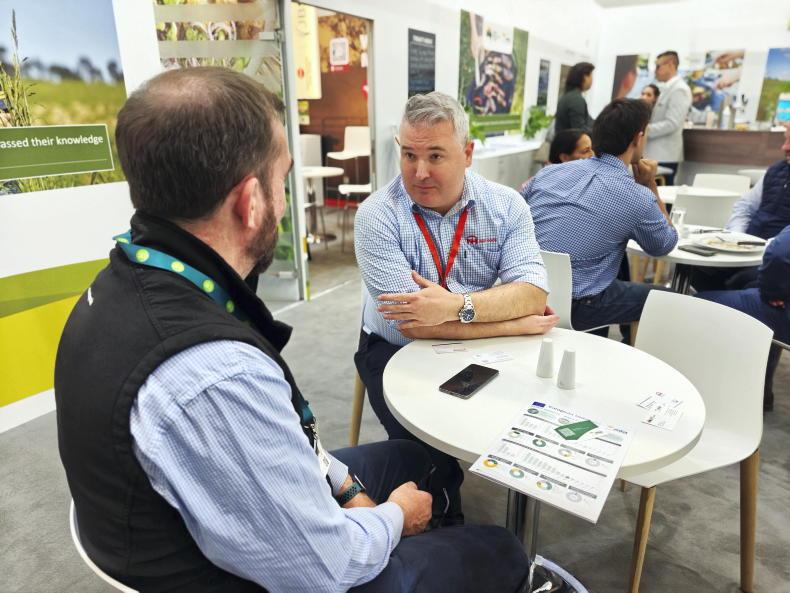
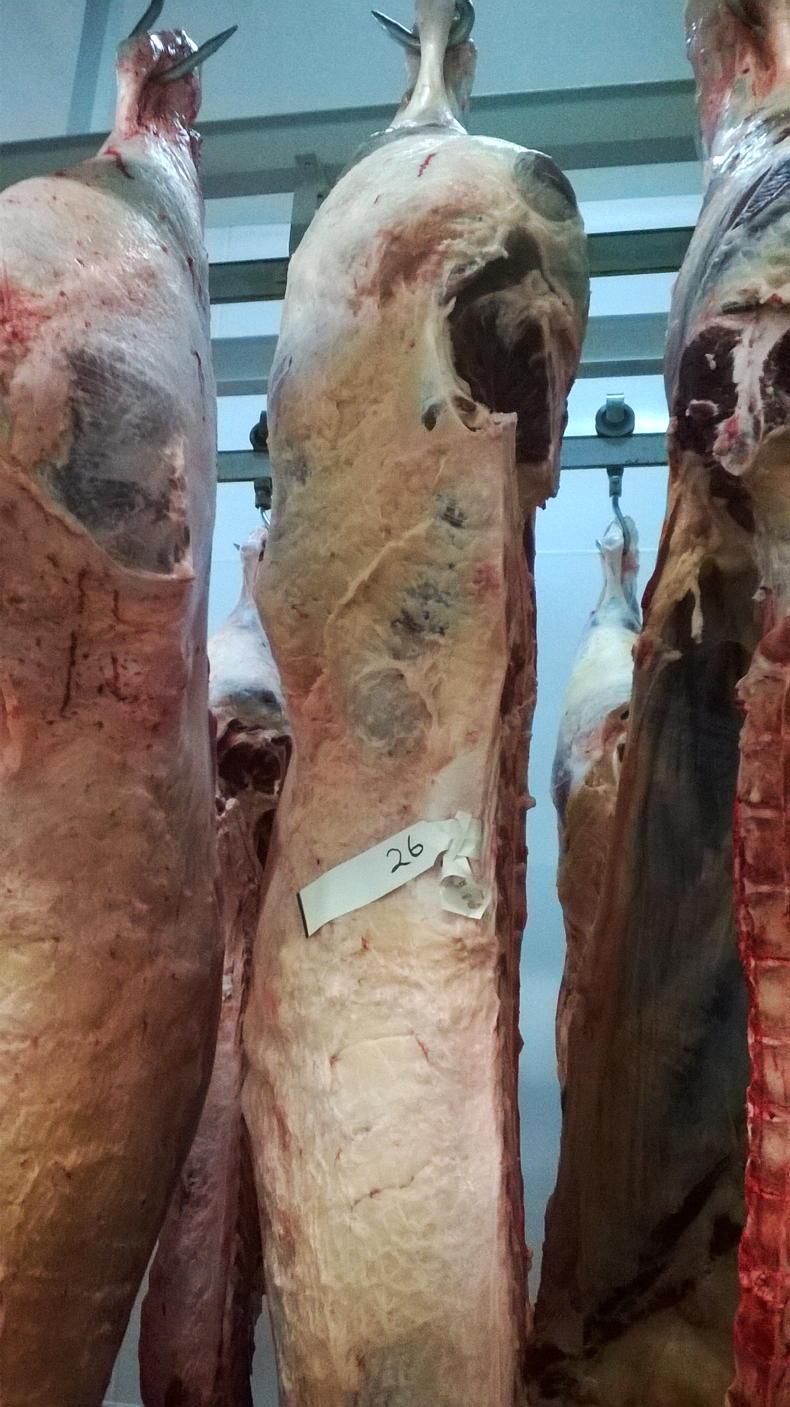
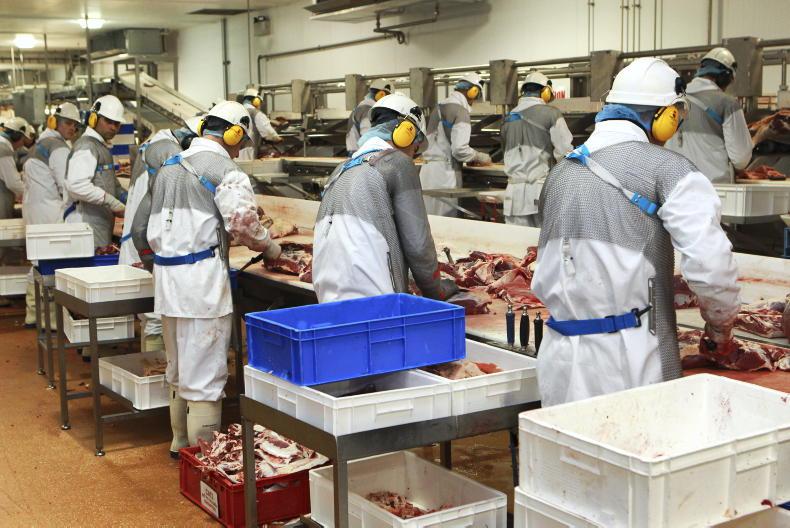
SHARING OPTIONS